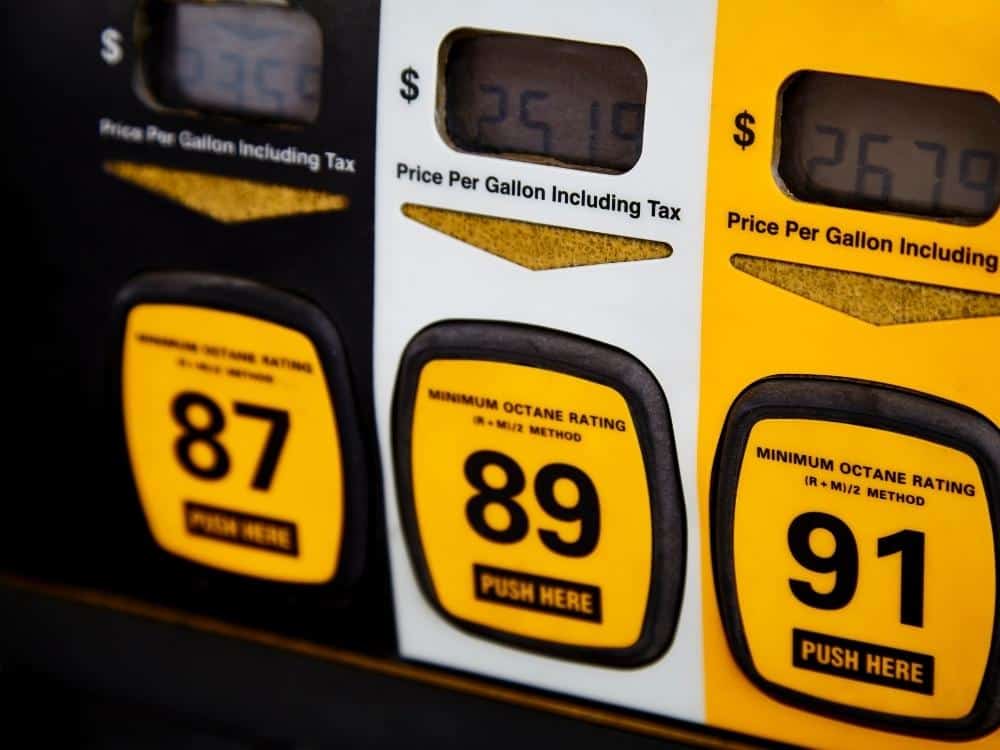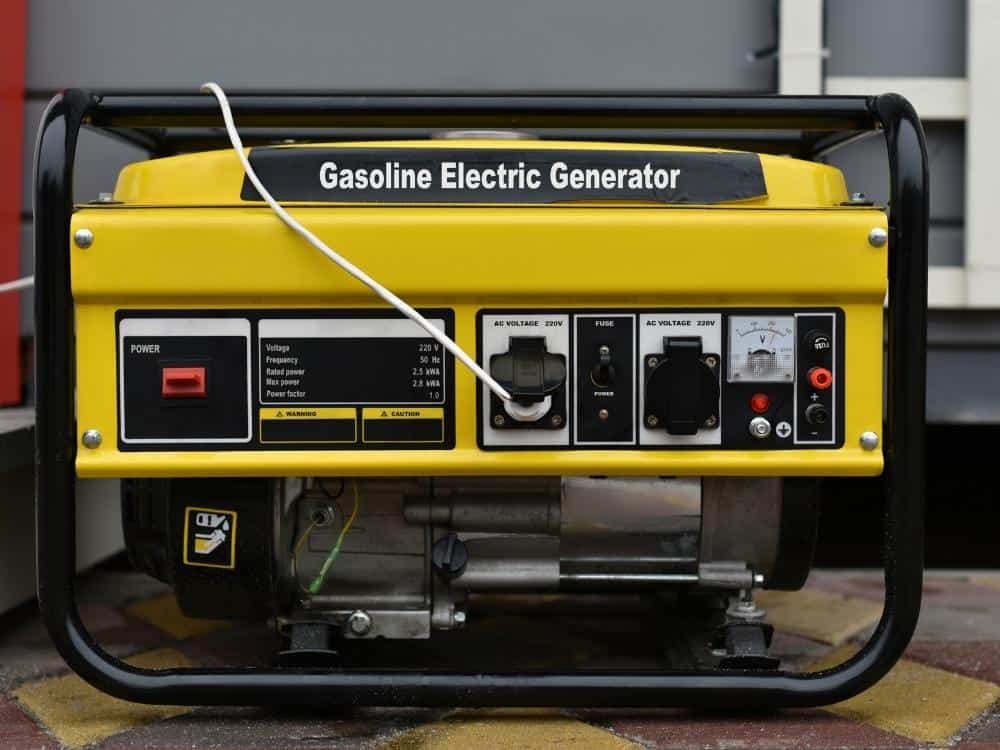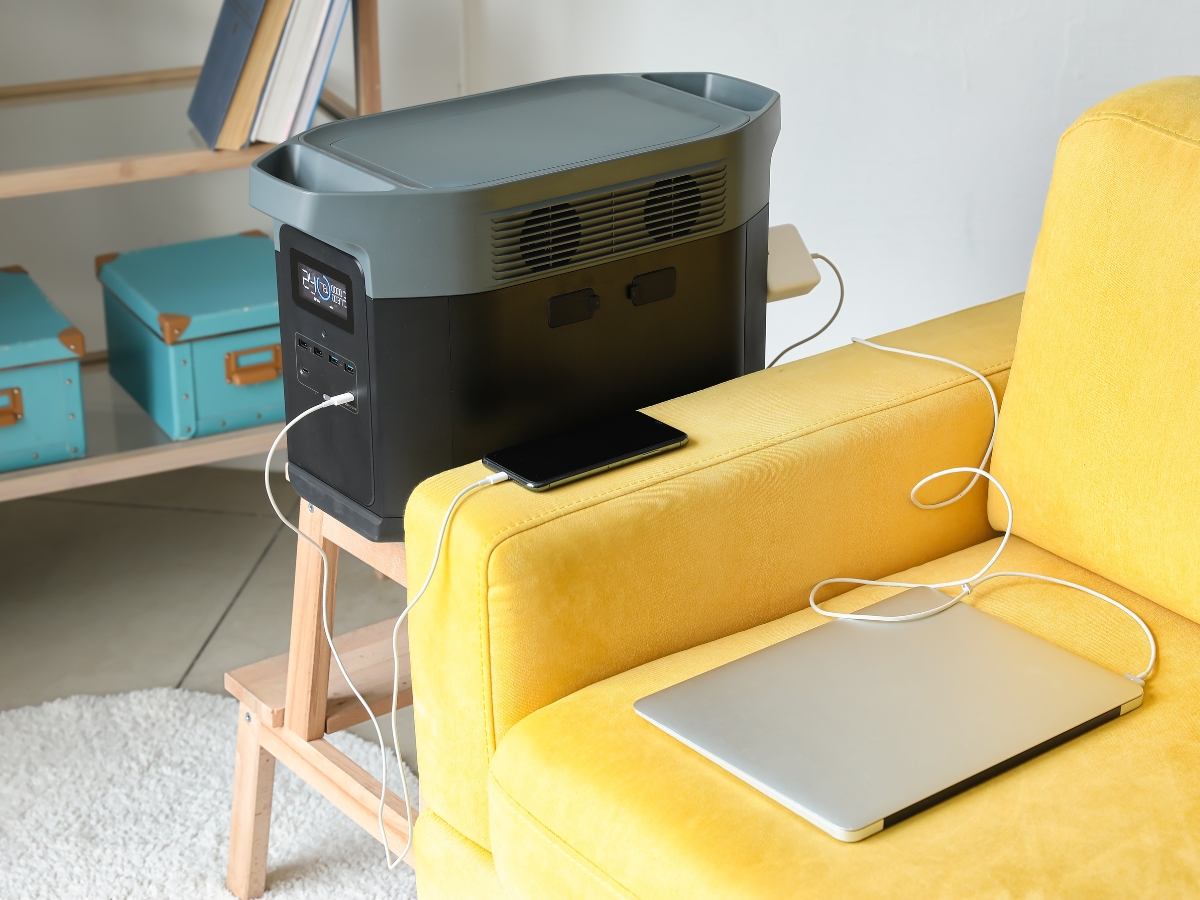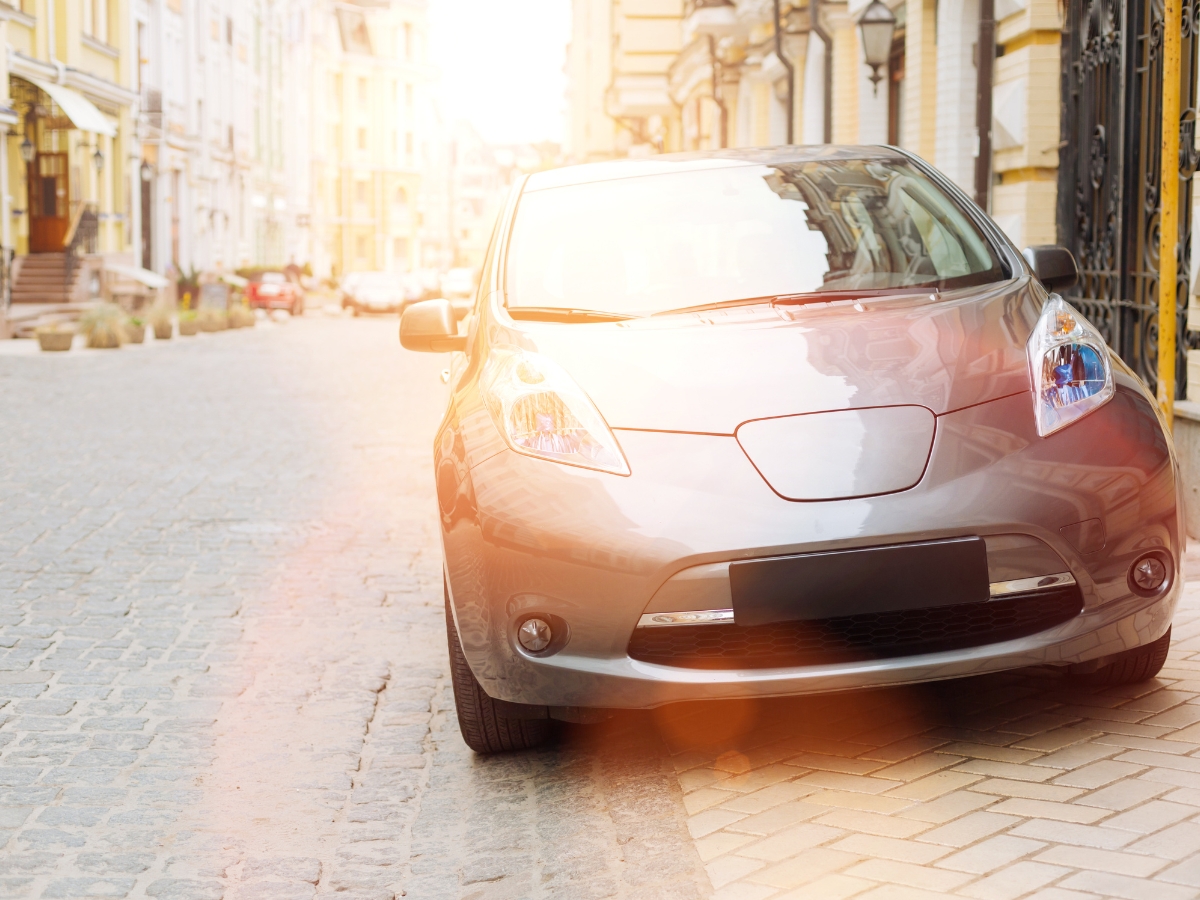Generators are a great backup plan for when the power goes out, but can you use premium gas in a generator? Is it worth it?
This post will explore whether or not using premium gasoline in a generator is worth it and its benefits. We’ll also look at whether to use premium gas for your Honda generator. Let’s get started!

What Kind of Gas Do You Put in a Honda Generator?
One of the most important factors to consider when choosing a generator is what type of fuel it uses. Gasoline is the most common type of fuel used in generators, and it has several advantages.
- Gasoline is relatively inexpensive
- Easy to find
- It powers the generator for a long time
What is the Most Efficient Fuel for a Generator?
Gasoline can be tricky to store and goes bad over time. Diesel is another option for powering a generator. Diesel engines are more efficient than gasoline engines, using less fuel.
However, diesel is more expensive than gasoline, and it can be challenging to find in some areas.
Propane is another option for fueling a generator. Propane is a clean-burning fuel that is relatively inexpensive and easy to store. However, propane generators are typically less potent than gasoline or diesel generators.
What’s the Best Gasoline for Your Generator?
If you have a generator, you know how important it is to have fuel. But what type of gas should I use for my generator?
First, it’s essential to understand that not all gas is created equal. Gasoline can contain different additives, and the octane level can vary as well.
The best fuel to use for most generators is regular unleaded gasoline which has an octane rating of 87. This type of gasoline is widely available and relatively affordable.
However, if your generator has a high-performance engine, you may need to use premium gasoline with an octane rating of 93. Check your owner’s manual for specific recommendations for whatever type of gasoline you use.
Premium Gas in Generator
If you have a generator, it’s essential to use the correct type of gasoline. Using premium gas in your generator can help extend its life and improve its performance. Here’s what you need to know about using premium gas in your generator.
Generators run on various fuels, including regular unleaded gasoline, diesel, and propane. However, we recommend premium gas for optimal performance.
Compared to regular gas, premium gas has higher octane levels, meaning it’s less likely to cause engine knock. Engine knock can damage your generator’s engine, so using premium gas will help extend the life of your generator.
In addition, premium gas can also improve your generator’s fuel efficiency and power output. So if you’re looking to get the most out of your generator, using premium gas is a good option.

Will Premium Gas Hurt my Generator?
Well, yes and no. Many generators come with the option to use either premium or regular gas. So, what’s the difference?
Regular gas has a lower octane rating than premium gas, and it’s also less expensive. Octane measures a fuel’s ability to resist “knocking.” Knocking occurs when the air-fuel mixture in the engine’s cylinders detonates too early. This can cause damage to the engine.
In general, higher-octane fuels resist knocking better than lower-octane fuels. That’s why premium gas works best in high-performance cars that have engines with high compression ratios.
However, just because fuel has a higher octane rating doesn’t mean it will make your engine run better. Using premium gas in an engine designed to run on regular gas can decrease performance and fuel economy. It can also add to pollution and cost you more money at the pump.
So, unless your generator’s owner’s manual recommends explicitly using premium gas, it’s probably best to stick with regular. Your wallet and your engine will thank you!
Should You Run Ethanol-free Gas in a Generator?
Generators are a great way to provide power during an emergency or power outage. However, if you’re using your generator to power sensitive electronic equipment, you may consider running ethanol-free gas.
Ethanol is a type of alcohol that can damage plastic and rubber components and contribute to corrosion. In addition, ethanol can absorb moisture from the air, leading to engine problems. As a result, running ethanol-free gas in your generator can help to extend its life and keep it running smoothly.
If you’re unsure whether your generator is compatible with ethanol-free gas, check the owner’s manual or contact the manufacturer.
Can You Use 93 Octane in my Generator?
Generators run on various fuels, including unleaded gasoline, propane, and natural gas. However, the specific fuel requirements will vary depending on the model and make of the generator.
For example, some generators may require a minimum octane rating of 87, while others may run on 93 octane fuel. It is best to consult the owner’s manual for your particular generator model to determine the best octane for the generator.
In most cases, using a higher octane fuel than required will not damage the generator and may even improve its performance. However, using a lower octane fuel than recommended can cause engine knock and decreased efficiency.
So if you are unsure about what octane rating to use in your generator, it is always best to err on the side of caution and go with the higher octane option.
Can I Use Premium Gas in my Honda Generator?
Suppose you’re lucky enough to own a Honda generator, congratulations! You’ve made a wise choice in purchasing a quality piece of machinery. But even the best generators need the right fuel to run correctly. So, can you use premium gas in your Honda generator?
The answer is yes; you can use premium gas in your Honda generator. In fact, it’s actually recommended by Honda. Using premium gas will help your generator run more smoothly and efficiently.
However, it’s important to note that you should only use premium gas if your generator has a four-stroke engine. If your generator has a two-stroke engine, you should stick with regular unleaded gasoline.
Should I Use non-ethanol Gas in my Honda Generator?
If you own a Honda generator, you may be wondering whether or not you should use non-ethanol gas. Here are some things to keep in mind when making your decision:
- First, non-ethanol gas is more expensive than regular gas. However, it also has a higher octane rating and is less likely to gum up your engine. As a result, it may be worth the extra cost to use non-ethanol gas in your Honda generator.
- Second, if you do use non-ethanol gas, be sure to add an additive to help prevent corrosion. Ethanol can cause corrosion in fuel tanks and lines, so the additive will help to protect your generator from this type of damage.
- Third, always follow the manufacturer’s recommendations when using additives or fuels in your Honda generator. Using the wrong type of fuel or additive can void your warranty and may cause damage to your generator. Honda recommends using gasoline with not more than 10% ethanol content.
By keeping these things in mind, you can decide whether or not to use non-ethanol gas in your Honda generator.
Generator FAQs
Let’s take a look at some common questions regarding premium gas in a generator:
Where can I buy gas for my generator?
You can buy gas from just about any hardware store or petrol station. Your options may be limited for premium gas, but we recommend finding a store that has the option.
How long is gas good in a generator?
The span of time your gas will last depends on the quality of gas you use and how air-tight your generator tank is. Most gas will last somewhere between 1-6 months at most.
Will generators run on E10 fuel?
E10 fuel simply means fuel that contains 10% ethanol. We know certain generators can run on this fuel level since that is exactly what Honda recommends you use.




